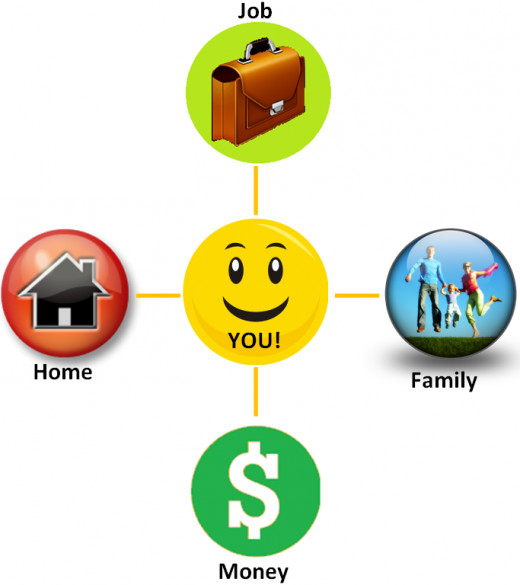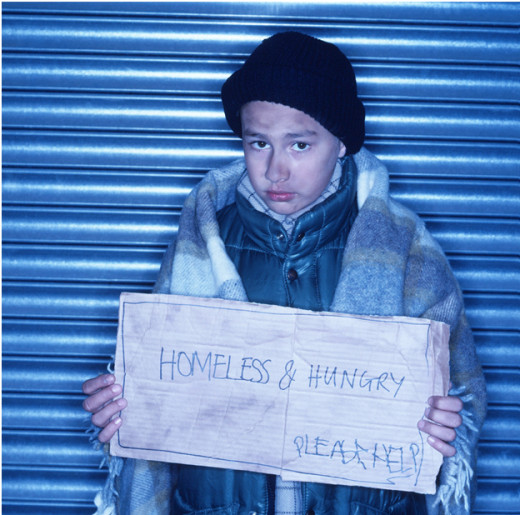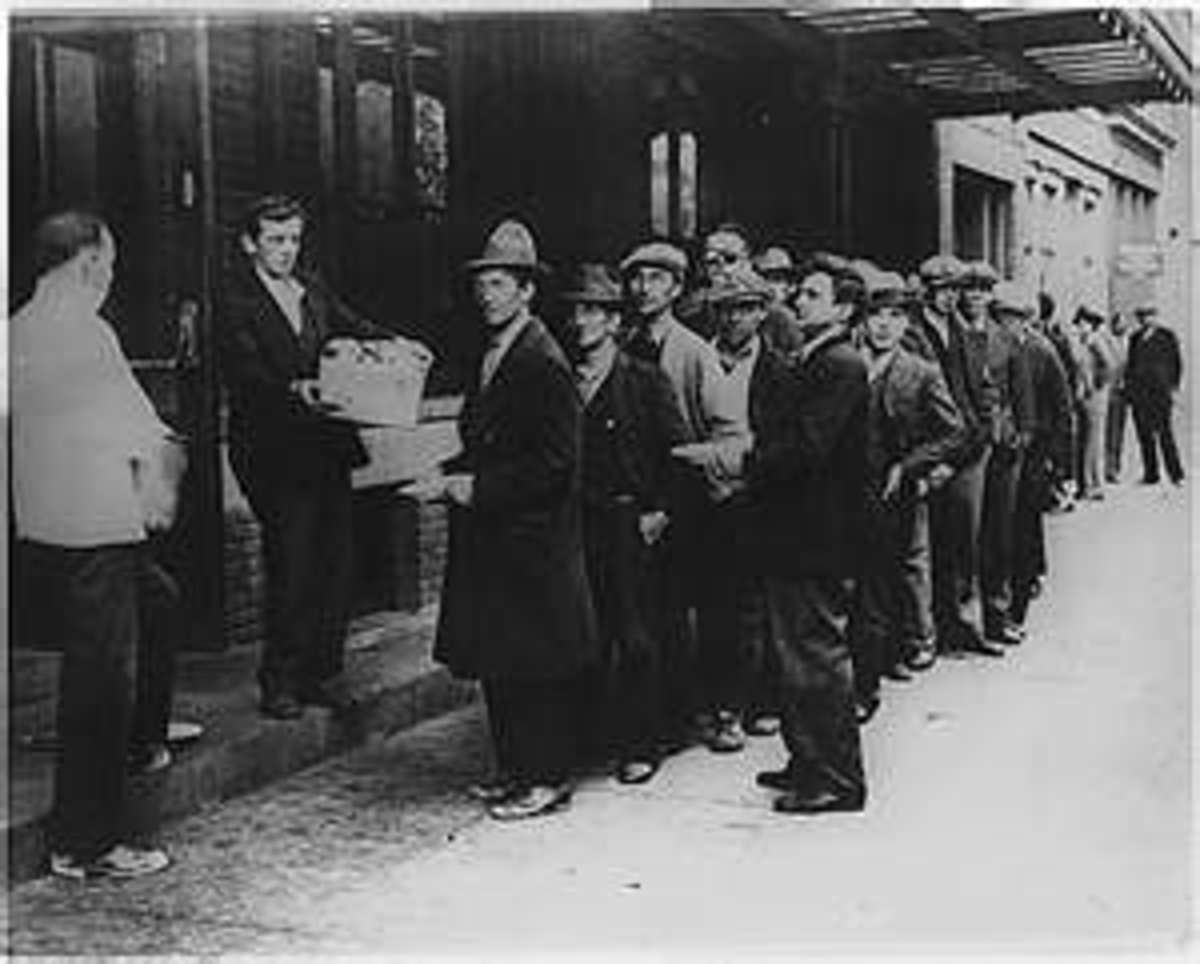The American Dream: Eating a Stranger's Leftover Hamburger


The American Dream was once home ownership and a nice, stable middle class job where enough income was brought in to comfortably support a family of four or more. This is how Americans became known for excessive living habits. Big sport utility vehicles and expensive mansions are an ideal part of that American Dream. Consequently, the Earth's natural resources are quickly being depleted and a majority of the world lives in poverty. Now, there is a global recession and the question of asking a stranger if you can finish their meal is posed by more and more American families and the American Dream, for some, has shifted to simply wanting enough food to feed their family.


Hubs on Household Issues
- When Forever Ends: 7 Ways to Move Forward After a Break Up or Divorce
In the beginning, smiles, hugs, kisses, and those butterflies in your stomach are constant reminders of love. In the end, broken pieces are reminders of the past. This is how to get past that. - Staying Together for 10 Years and Beyond
Some advice on how to stay with your soul mate for years to come. Some tips on how to include kids and words of wisdom. - Making Time for the Little Things
Family time or time with your significant other. - Karate Was Not Meant for Kids
A karate dojo is where you will learn "Ichi, Ni, San..." means "One, Two, Three..." and, yet, it was not a place meant for children.
A few decades ago a high school diploma was sufficient to obtain a decent job with enough money left over to make monthly mortgage payments; however, today even a master's degree is more desirable by employers than a bachelor's degree, and even with a higher education there is no guarantee that a lay off is not far ahead. In the last ten years we have seen huge companies tumble into oblivion, money investors take every penny from their clients for their own personal use, and everyone from CEOs to engineers and janitors can quickly become unemployed. The recession has also hit personal finances and even investing in realty and property is extremely risky now with the housing market collapse. For the American family, this leaves little or no sense of job security and, for many, the dream of owning a home disappeared with the latest round of foreclosures.
American families have to live with less and less and budgets get tighter and tighter. Your child's wish to see Disney World may have to wait because of how tight your budget is. The tourism industry saw sharp declines a couple of years ago and has just begun to recover. Savings accounts and investments may be tapped into to help pay for the monthly bills and saving every penny is crucial to get from pay check to pay check. Dance classes and eating out have to be decreased or eliminated all together. The question of survival, rather than living, has become a reality for many American families.

According to the U.S. Census Bureau, 15.1% of Americans were living in poverty in 2010. This means 46.2 million Americans were living in poverty, the highest since the Bureau started tracking poverty rates in 1959. In addition, 22% of American children were living in poverty. Since these statistics are relatively new, we can assume that poverty is still present in our 2012 society when we, as a nation and a globally, are still trying to overcome the biggest recession since the 1970s. However, when you really think about statistics, they are more than just numbers. They could be a child in your son or daughter's class, a child you see at the park or on the street, a person you work with or see at your favorite coffee shop every now and again. These people matter because they are not just a number. These people have wishes and dreams that most likely resemble yours. On the path of life we are given choices and not every one makes the right one but in America we are at least given an equal opportunity to obtain our American Dream and it is not sitting in a restaurant waiting for someone else to finish their meal so you can eat the rest. Yet, with the recession in place, people will continue to look for employment and children will go hungry. So, next time you see someone struggling or asking for help, please do not be afraid to lend a hand. That person may have a family to whom they must provide food and shelter.

© 2012 morningstar18

![american dream [Explicit]](https://m.media-amazon.com/images/I/51N4KdzLiFL._SL160_.jpg)







